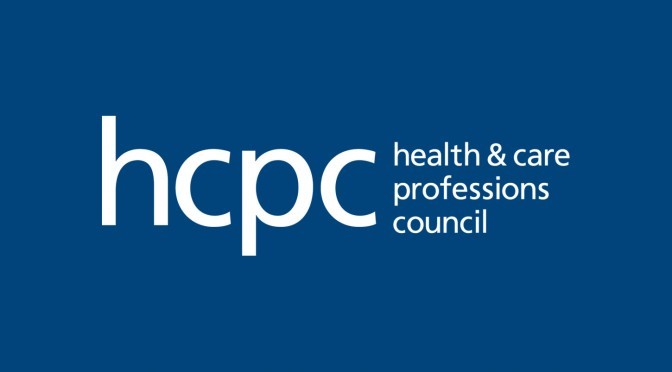By Charlotte Webster-
A social worker who breached his duty to visit a service user for two years prior to their death has been removed from the register.
A Health and Care Professions Council (HCPC) hearing found that David Skelton committed a catalogue of professional breaches that put the safety of vulnerable individuals under his care at risk, and committed fraudulent acts. They included the copying of notes made by a nurse, CS, in another service user’s records, using out of date information when updating records in relation to prescribed medication, and copying information about current medicine, appeared to have been copied and pasted from a previous recorded, dated October 2014.
According to the HCPC panel, the notes were “largely copied and pasted” from CS’s assessment, with the technique being replicated in several other documents for several other service users. The report also stated that updated medical information from Service A’s doctor in March 2016 had not been inputted into the core assessment three months later. Calculations also showed that the registrant had over claimed by 1,111 miles at a value of £366.35.
Skelton’s actions constituted dishonesty and misconduct, one which impaired his fitness to practise, the HCPC It ruled he committed the professional breaches between 2013 and 2016, whilst registered as a Social Worker and during the course of his secondment to Cambridgeshire and Peterborough NHS Foundation Trust.
Technically, by inflating financial claims for some of his duties, he committed a offence of fraud. However an HCPC spokesperson told The Eye Of Media.Com: ”The police sometimes get involved in cases of malpractice in social services where they believe actions taken constitutes a crime, but it always depends on each individual case. Many things are taken into account in deciding whether police involvement is necessary or not”.
The social worker claimed he was not aware of having made inappropriate claims and that he did not realise that “you had to be that precise”, denying the allegations. The panel also said that the registrant had submitted mileage claims for journeys which “were not in connection with his work”, adding it could not have been a mistake due to the fact that they were repeated over a 10-month period.
HOME VISITS
The social worker, who worked with vulnerable patients at a mental health trust in Cambridgeshire, failed to make regular home visits to service users, creating a risk that their care plans “were no longer relevant and appropriate”.The report said “It would not be possible to know if service users were receiving the correct care packages or whether their health and social care needs were being met,” the report said.
The shamed social worker’s HCPC application was removed after she ‘deliberately concealed’ regulatory history. The registrant also failed to maintain up to date records and “repeatedly” cut and paste information from previous entries made years ago – three years in some cases. False mileage claims amounting to over £350 were also identified by the panel, which found the practitioner had falsely put in for expenses covering over 1,000 miles.
False mileage claims amounting to over £350 were also identified by the panel, which found the practitioner had falsely put in for expenses covering 1,000 miles.The panel concluded that the social worker’s failure showed a “disregard for whether the information was accurate”, and put other members of staff at risk when assisting individuals.
NEGLECT
The registrant was also accused of neglecting updated reports essential for confirming accurate occurrences. The report said she “had not been checking or updating progress reports”, that he “had cut and pasted old information” from previous reports and care plans and had failed to fully complete risk assessments. Matters went from very bad to much worse when the practitioner’s manager, PH, discovered that the registrant had “not undertaken regular home visits” to a number of service users.
The few occasion’s the registrant visited he “did not maintain accurate and up-to-date records” and updated records without verifying information. A further investigation into the travel expenses claimed by the registrant for visits to Service User C over a period of ten months was shown to have been falsified. They wrongly indicated that the registrant had been submitting “excessive mileage claims”, in one case claiming 21 miles for a trip which was in fact ten miles.
An old warning message was not updated in a later crisis plan completed in 2016 , informing practitioners that a new electronic system had been installed and that they should review the information.
The panel concluded the social worker had not reviewed or updated the file since June 2013 when systems were migrated.The same was found of two risk assessments for Service User C completed by the social worker, which were “identical” and “three years apart”. They too contained a warning message, indicating the information had not been reviewed in years.
REPEATED
The panel said that “repeatedly” cutting and pasting information meant that it would not be possible for the registrant or the council to know if service users were receiving the correct care or whether their health and social care needs were being met.
They said that other support staff who would have relied on the information when making decision about patients’ care would have been “put at risk”.
“If the system records were not up to date, staff would be undertaking visits without the relevant information which could put them at risk and/or could result in them not being aware that the mental health of the Service User was deteriorating,” the panel concluded. Skelton’s career as a social worker is over after the unforgivable scale of his offences.




